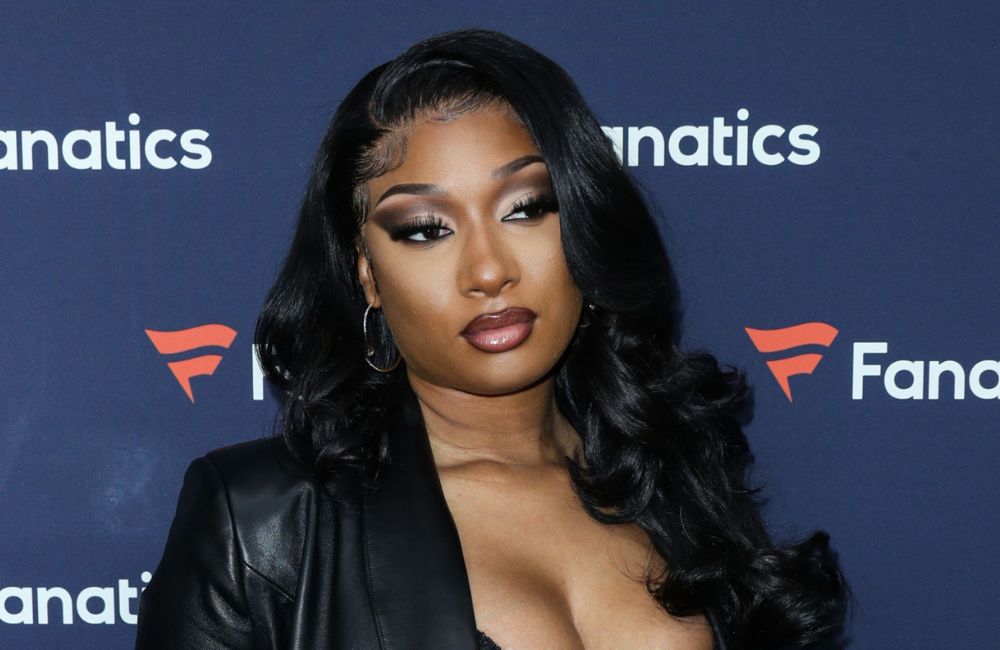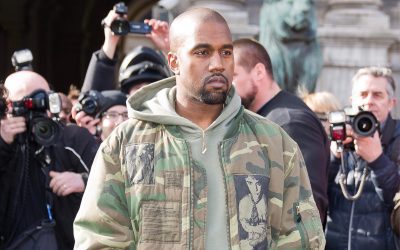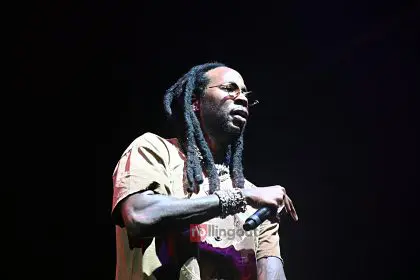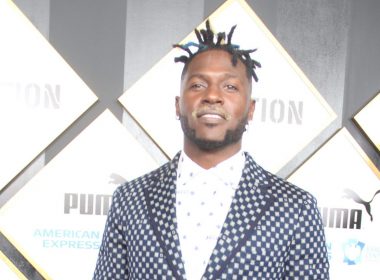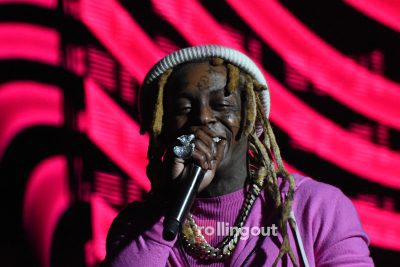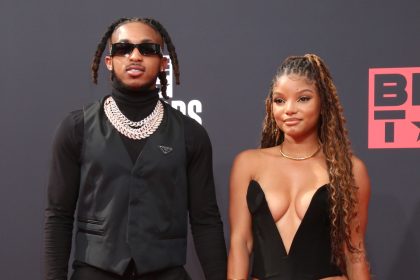Megan Thee Stallion has filed for a restraining order against Tory Lanez.
The 32-year-old Canadian rapper – whose real name is Daystar Peterson – is currently serving a 10-year prison sentence for shooting fellow rapper Megan, 29, in the foot in July 2020, and she claims he is still causing her “trauma” from behind bars by allegedly getting third parties to spread malicious allegations about the incident online. The case has drawn significant attention to issues of violence against women in the music industry.
The ‘WAP’ hitmaker – born Megan Pete – had a protection order in place between 2020 and 2023 and is seeking the restraining order to protect her “wellbeing” as she is worried for her safety when he leaves prison. Legal experts note that such post-conviction protection orders are increasingly common in high-profile cases.
“Even now, while behind bars, Mr. Peterson shows no signs of stopping,” the petition filed at Los Angeles Superior Court read. “Despite being sentenced to 10 years in prison for shooting Ms. Pete, Mr. Peterson continues to subject her to repeated trauma and revictimization.” Court documents reveal a pattern of alleged harassment through social media channels.
In October, Megan sued Elizabeth Milagro Cooper for harassment after she was allegedly paid by Lanez to harass her online. This lawsuit represents one of several legal actions taken to address the widespread cyberbullying campaign against the artist.
The 29-year-old star opened up about the ordeal in the Prime Video documentary ‘Megan The Stallion: Her Words‘ and revealed she had a mental breakdown before he was sentenced. The documentary has become one of Prime Video’s most-watched music documentaries, sparking important conversations about mental health in the entertainment industry.
“I had a real breakdown. I didn’t feel like my life had any kind of value. I had to call 911 because I couldn’t breathe. I thought I was about to die,” she said. “It was like three days in bed. I just cried every day. I never would have been a suicidal person… but I was feeling like that. I was like, ‘I’d rather not live through this than to have to live with this.'” Mental health professionals have noted the severe impact of cyberbullying on public figures.
Megan revealed that she has been left with a phobia of performing live due to the trolling she faced. This anxiety has affected her touring schedule and live performances, impacting both her career and mental wellbeing.
“Ever since being shot, I’ve had anxiety about performing. I always think somebody’s going to do something to me,” she shared. “So many guys online say, ‘You should have got shot in the head’, ‘He should’ve finished the job’, ‘He should have killed you’re a**’. I can’t separate trolling from real life. Am I safe to perform in front of thousands of people? I don’t know who’s in this crowd.” Security experts have noted an increase in threats against performers in recent years.
The case has highlighted the intersection of social media harassment and real-world violence, with advocacy groups citing it as a prime example of how online abuse can escalate to physical threats. Statistics show that cyberbullying cases have increased by 40% in the entertainment industry over the past three years.
Mental health professionals working with celebrities have reported a significant rise in anxiety and PTSD symptoms among public figures who face online harassment. The American Psychological Association has documented that prolonged exposure to cyberbullying can lead to severe mental health consequences.
Legal experts following the case note that the new restraining order request could set important precedents for how the justice system handles cases involving continued harassment from incarcerated individuals through third parties. The court’s decision could influence future cases involving social media-based harassment and protective orders.
The incident has also sparked broader discussions about artist safety and security measures at live performances, with many venues implementing enhanced security protocols. Industry professionals estimate that security costs for major artists have increased by 30% in response to similar concerns.

